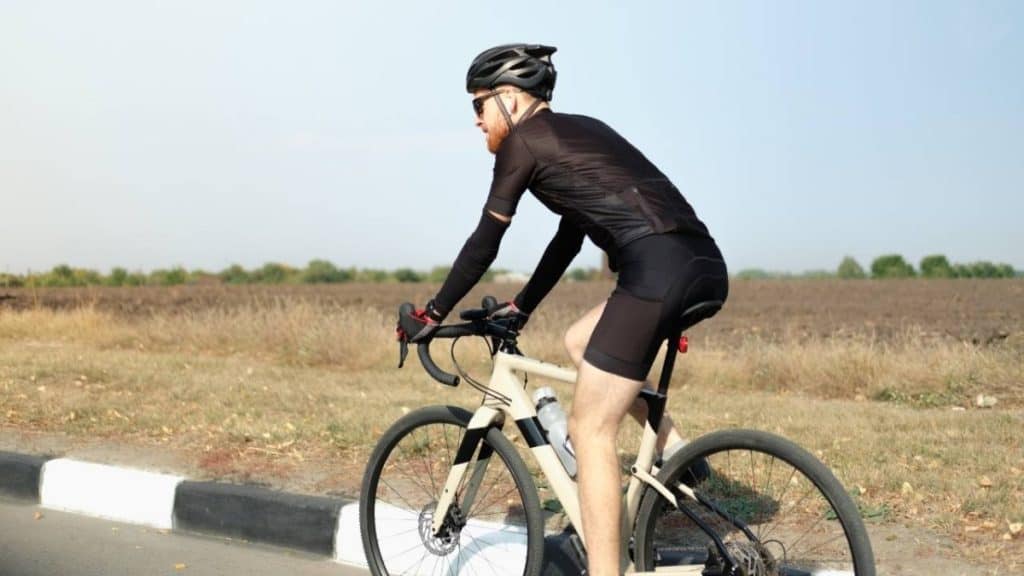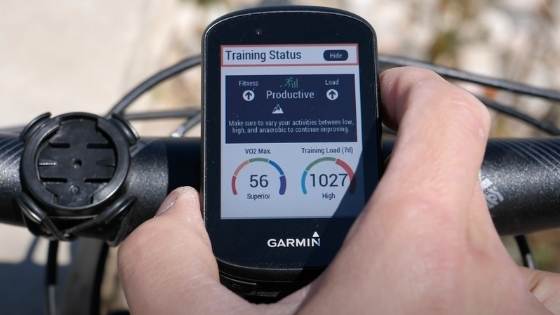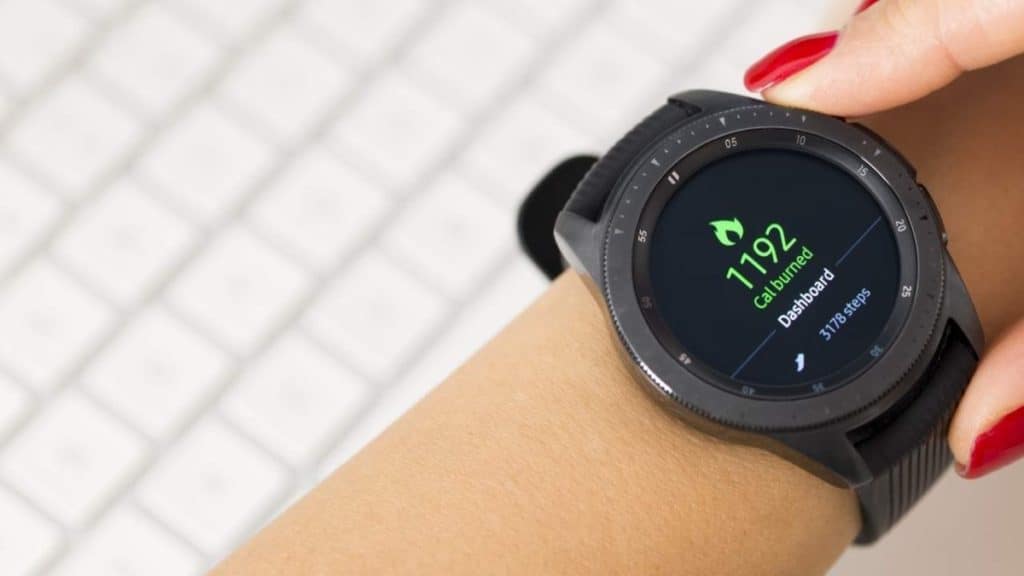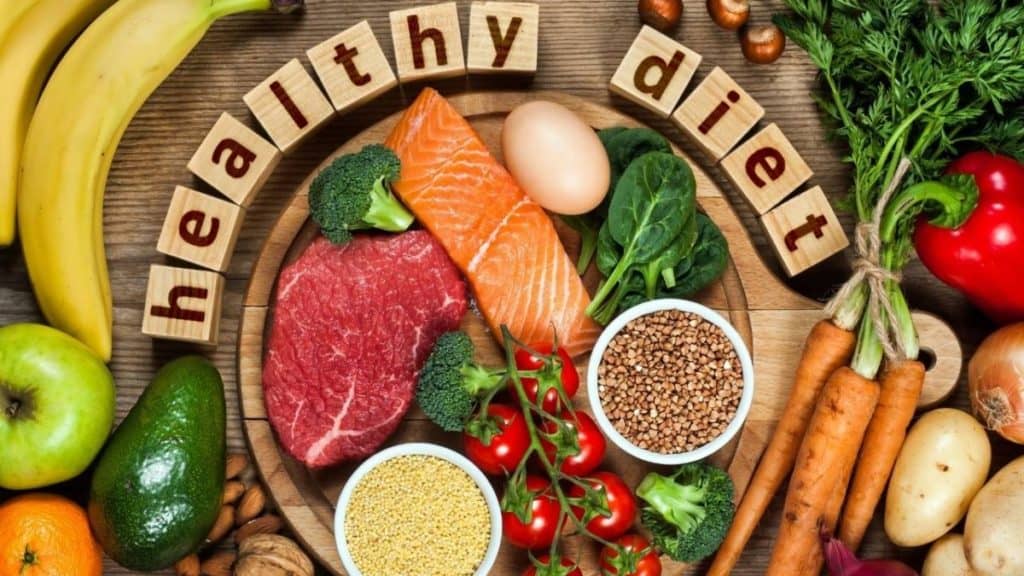
If your looking to burn 2000 calories from cycling then you are definitely up for a challenge. How much cycling to burn 2000 calories massively depends on the effort level you are putting into your bike ride. Other factors including your weight, height, age and maximum heart rate.
All these factors put together can be used to calculate your calories consumed during a bike ride. It’s important to recognise how much you are burning from your bike ride because you can still gain weight if you overeat.
However, if you seriously undereat, you could be losing body fat and muscle mass, which is dangerous. You want to eat near to your calorie maintenance for best practice, including your calories burnt from cycling or 200 – 300 calories below for steady weight loss.
Table of Contents
How Much Cycling To Burn 2000 Calories

The average cyclists that weights 175lbs (80kg), cycling at a moderate pace at a heart rate of 138bpm – 164bpm, can expect to burn 2000 calories in 2 hours 50 minutes. The same cyclist at a high pace with a heart rate of 165bpm and above can expect to burn 2000 calories in 2 hours 20 minutes.
For a more extensive observation of the various weight ranges, I’ve including the tables below. For reference, the heart rate is calculated for a maximum heart rate of 187bpm.
For a personal rate heart induction, its 220 minute your age.
For example, 220-30 years old = 190bpm
Burn 2000 Calories Cycling At : Weight 140lbs (63kg) – 160lbs (72kg)
| Exercise Intensity | Heart Rate – Beats pre minute (bpm) | Time To Burn 2000 Calories |
| Easy | 138bpm – 150bpm | 4 hours 40 minutes |
| Moderate | 151bpm – 164bpm | 3 hours 30 minutes |
| Hard | 165pbm – Max | 2 hours 50 minutes |
Burn 2000 Calories Cycling At : Weight 160lbs (72kg) – 175lbs (80kg)
| Exercise Intensity | Heart Rate – Beats pre minute (bpm) | Time To Burn 2000 Calories |
| Easy | 138bpm – 150bpm | 4 hours 15 minutes |
| Moderate | 151bpm – 164bpm | 3 hours 05 minutes |
| Hard | 165pbm – Max | 2 hours 30 minutes |
Burn 2000 Calories Cycling At : Weight 175lbs (80kg) – 200lbs (90kg)
| Exercise Intensity | Heart Rate – Beats pre minute (bpm) | Time To Burn 2000 Calories |
| Easy | 138bpm – 150bpm | 3 hours 50 minutes |
| Moderate | 151bpm – 164bpm | 2 hours 50 minutes |
| Hard | 165pbm – 185pbm | 2 hours 20 minutes |
Burn 2000 Calories Cycling At : Weight 200lbs (90kg) – 220lbs (100kg)
| Exercise Intensity | Heart Rate – Beats pre minute (bpm) | Time To Burn 2000 Calories |
| Easy | 138bpm – 150bpm | 3 hours 25 minutes |
| Moderate | 151bpm – 164bpm | 2 hours 10 minutes |
| Hard | 165pbm – 185pbm | 2 hours |
Moreover, although this is an average person calculation and will be a great place first to assess how many calories you will burn during a bike ride, you must accurately measure your consumption during a bike ride.
Furthermore, if you’re embarking on a long bike ride, then it’s critical you eat throughout your bike ride to avoid massive fatigue during the ride.
The remaining article will provide you with various methods to calculate your calories burnt and techniques to keep your energy high when you’re deep into a long ride.
Finally, recovery is essential if you want to improve and continue cycling days after day.

How To Accurate Receive Calories Burnt Per Hour
The best way to accurately calculate your calories burnt during a bike ride is by using a heart rate monitor. Heart rate monitors constantly measure your heart rate, which is the most accurate way for determining your effort level.
Many factors come into play when riding, like weather conditions, wind direction, terrain, recovery level, and more. It’s extremely difficult to account for all these factors before and after your ride.
Therefore, a heart rate monitor does all the estimating for you. Regardless of the weather conditions or cycle route, your heart rate never lies. If you are working hard, your heart rate increase, burning more calories.
The heart rate monitor will determine your calories consumed throughout the ride. You can cycle until your heart rate monitor informs you the calorie target has been reached.

How Many Miles to Burn 2000 Calories Cycling?
The average person cycles at a speed of 9-16mph, therefore, you would need to cycle between 27 miles and 48 miles to burn 2000 calories from cycling. However, this depends on the type of bike you ride, your fitness levels, the terrain and numerous others factors.
To be sure of how many miles you need to ride to burn 2000 calories, we recommend using a calorie calculator specifically for cycling. Or alternatively, use a general calorie calculator and select ‘cycling’ as your activity, then input how long you think it would take you to cycle 27-48 miles.
How To Mesure Heat Rate During Cycling
There are two main ways to measure your heart rate when cycling, and they are;
- Heart rate monitor built into a fitness watch
- Heart rate monitor chest-straps
The most reliable method, from personal experience, is a chest-strap heart rate monitor.
A fitness watch can lose heart rate tracking because of sweat, rain or movement down the wrist. However, a chest-strap heart rate monitor encompasses the heart area and doesn’t move. Studies reveal the chest-strap provides better accuracy than any fitness watch on the market.
Additionally, you can pair your heart rate monitors to your bike computer or smartphone. As your ride, you are constantly observing your heart rate and calories consumed. If you are not working hard enough, your heart rate will inform you, and it might be time to put in some extra effort into those peddles.

How To Ride Further Distance Without Burnout
The one thing that will burn you out quickly on a long bike ride is the lack of food, water and electrolytes. You need to carry enough water to drink during your ride and have a place to refill your bottles.
You want to drink a full bottle every hour and consume electrolytes and salt tablets with your water. Drinking only water dilutes the salts and electrolytes in your body with lead to fatigue very quickly. If you aim to burn 2000 calories while riding your bike, make sure you consume at least 300 calories at the mid-way point.
These calories will maintain the glycogen stores necessary for the body to create energy. If you completely deplete your glycogen reserves, you will hit the wall suddenly and might not have the energy to make it back home.
A Banana, chocolate bar or energy bar is an excellent mid-ride snack. Coffee and a slice of cake at a cafe is a fabulous option.

How To Recover After Burning 2000 Calories During A Ride
Finally, its recovery time and I would say it’s the most essential part of your bike ride. You have exhausted your bodies stores of energy, salts, nutrients and electrolytes.
The best way to recover is a smoothie rich in protein, natural sugar, fats, vitamins, and minerals.
My favourite things to incorporate in my smoothies are;
- Protein powder
- Nut butter
- Frozen mixed berries
- Chia seeds
- Honey
- Milk
- Oats
Additionally, you can buy recovery powders and drinks that contain everything you need to replenish your body after a long hard bike ride. Don’t forget to stretch your muscles and relax because you have earnt an hour of relaxation after putting in all that effort.
How Much Cycling To Burn 2000 Calories Summary
On average it takes around 3 hours for someone to burn 2000 calories cycling. Obviously, it can take more or less time to burn 2000 calories cycling depending on your weight, fitness levels and the type of bike you use to ride. If you break this down into mileage then you would need to cycle anywhere from 27 up to 48 miles to burn 2000 calories. If you choose to ride such high distances then I would recommend only cycling this distance twice each week then plenty of rest in-between.


